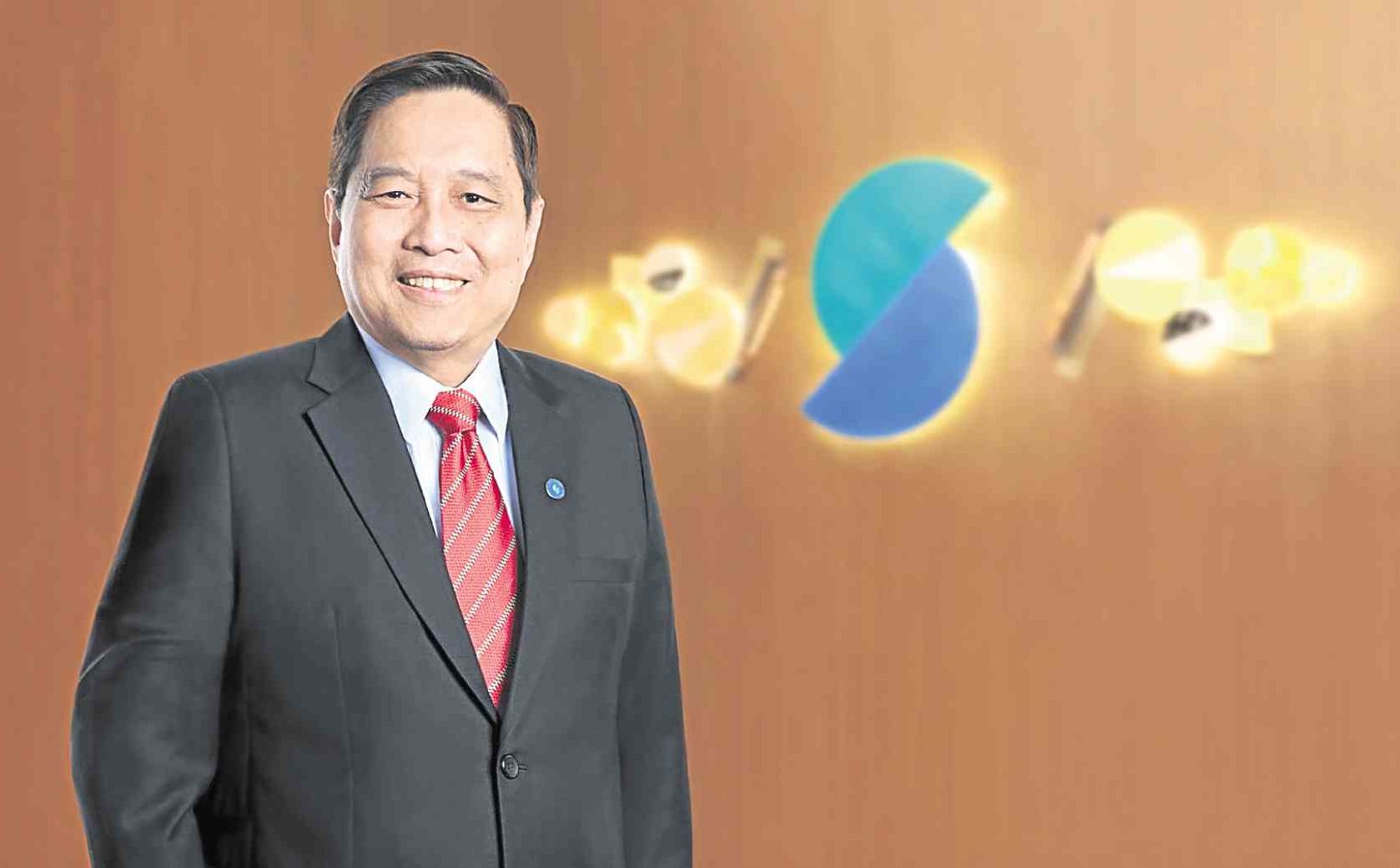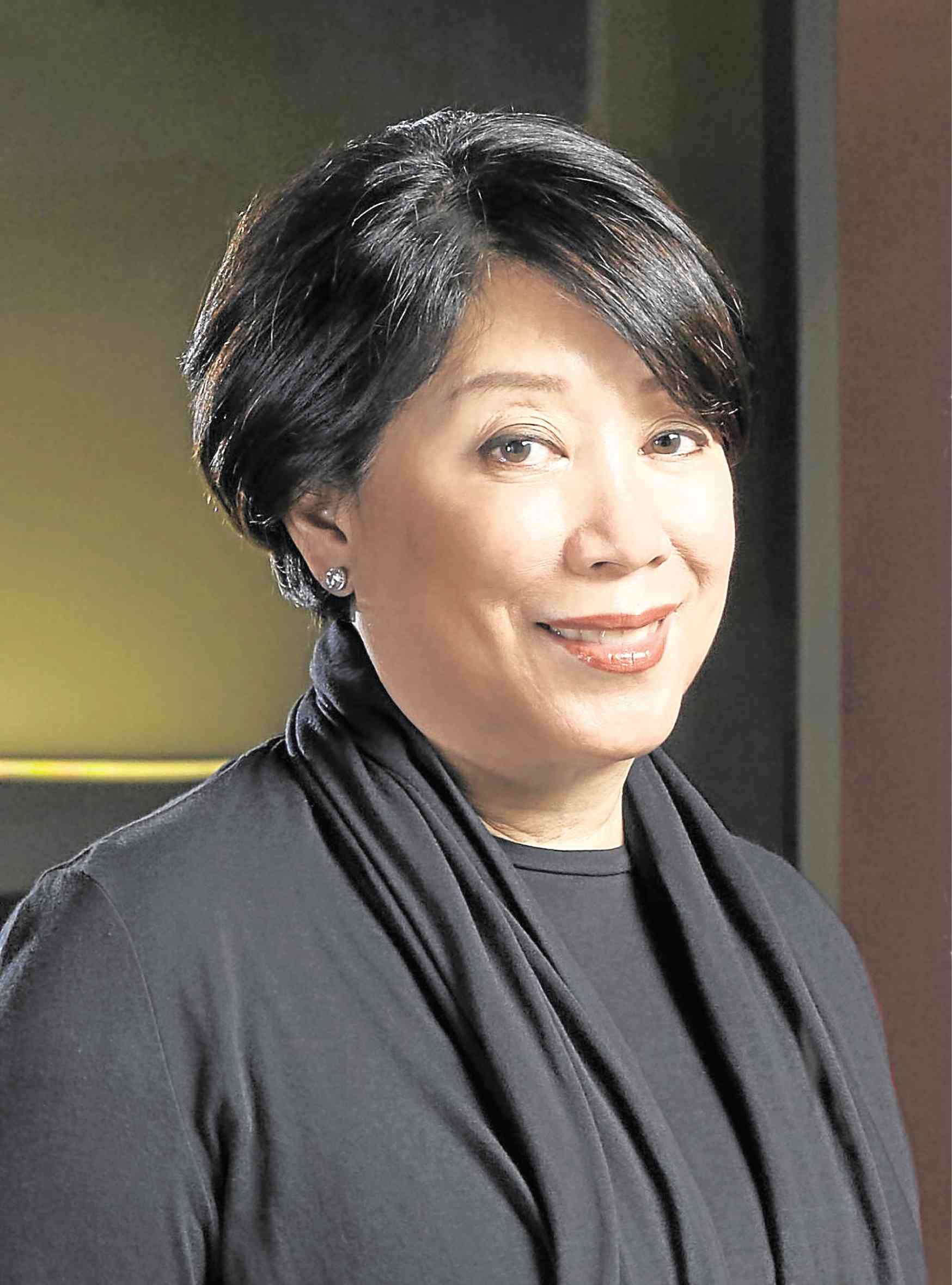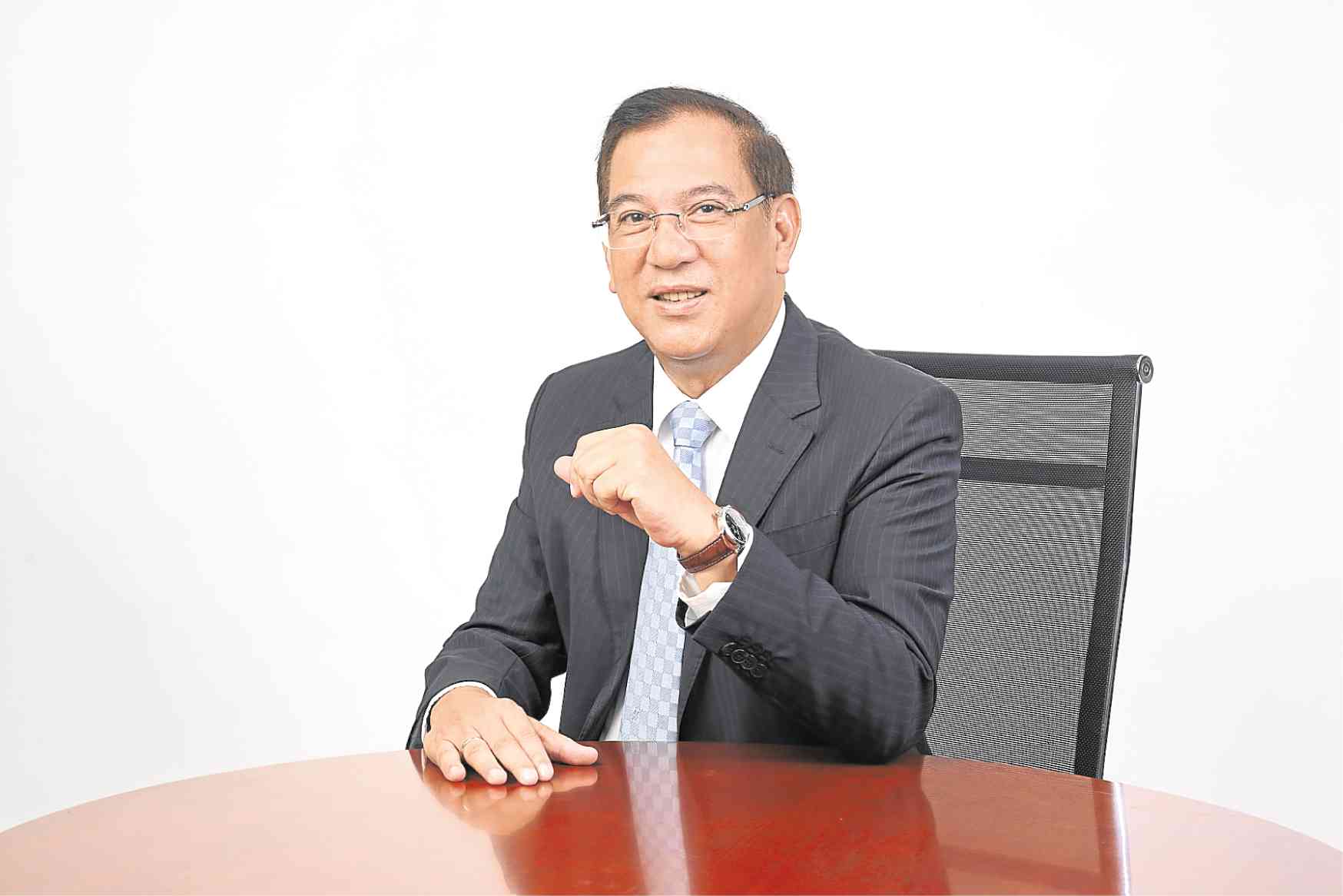Supporting young leaders is smart business
Young leaders today are going to have to acquire a whole new toolkit of skills in order to be effective for tomorrow,” says Alberto Villarosa, chair of rapidly growing Security Bank.
Villarosa has deftly managed the transformation of Security Bank from an institution under tight watch for a considerable period to its current role as top-tier, forward-looking, driven and diverse financial institution.
“The financial industry is different from other industries because of the complexity and volatility of the financial environment. Finance leaders must not only be technically equipped for finance, they must also be psychologically ready for the unpredictability and uncertainty of the markets and prepared for the stringency of legal, regulatory and compliance requirements,” Villarosa continues, “That’s why investing in the overall development of future leaders is the same as investing in the sustainability of current businesses. It is a way of taking the long-term view and ensuring continuity and development.”
It is this viewpoint that made Security Bank the summit partner for the 13th annual Asia 21 Young Leaders Summit, held recently in Taguig.
An initiative by Asia Society, the global nonprofit organization with 14 centers around the world, this year’s summit was held for the first time in Manila. Asia Society Philippines was the host organization.
“When Asia Society was founded more than 50 years ago by the legendary philanthropist John D. Rockefeller III, as the cold war was gaining steam, he wanted to create an organization that could bridge the then stark divides between the US and Asia,” explains Doris Magsaysay-Ho, president and CEO of A. Magsaysay, the shipping, logistics and manning firm. Magsaysay-Ho, who is also chair of Asia Society Philippines, was also program partner at the summit.
“Today, however, Asia has emerged. China is the world’s largest economy, there are multiple global financial centers in Singapore, Tokyo, Hong Kong and Shanghai, technology centers in India and leading Asian companies everywhere, and in every sector of the economy.
“Now, with our own sustained economic growth, we Filipinos need to engage more with this diverse and dynamic new Asia. That’s why I pushed for the Asia 21 program to come to Manila, to expose rising leaders from across Asia to our history, culture, economy and opportunities, and also give important young Filipino leaders the benefit of fresh perspectives and new thinking that can inform and help them in years to come.”
Participants in the Asia 21 program joined an Amazing Race-style team-building within Manila’s historic 500-year old Spanish citadel of Intramuros, listened to speakers such as Vice President Leni Robredo and Dr. Saamdu Chetri, one of the founders of Bhutan’s National Happiness Institute, and took a deep dive into Filipino food, culture and traditions.
Summit sessions emphasized values, examined future impacts of artificial intelligence, debated both “fake news” and the phenomena of social media to influence change, explored how to deepen citizen engagement in democracy, among others.
Several of the Philippines’ most prominent corporations supported this year’s summit, which was designed to provide tomorrow’s leaders with an enhanced infrastructure for accelerating positive change.
One who knows the importance of quality infrastructure well is Jose Maria Lim, president and CEO of Metro Pacific Investments Corporation (MPIC). MPIC was corporate partner for the summit.
“Here’s a practical example why MPIC is supporting this year’s program: for a company whose business involves some of the largest infrastructure projects that impact the lives of millions of Filipinos every minute of the day and night, we have a vested interest in improving the quality of tomorrow’s leaders, especially in government,” says Lim.
He adds Philippine government agencies need to properly develop and manage resources more efficiently, and better understand the realistic costs of developing and delivering the transformative infrastructure projects to advance the Philippine economy.
“Government is not a static organism; it evolves … and its capabilities depend strongly on the technical capabilities of the people who lead its agencies. That’s why Metro Pacific supports and participates in leadership development programs—from our own group’s First Pacific Leadership Institute to the innovative programs of organizations like Asia Society Philippines. After all, these young leaders are the ones who will end up governing this country,” adds Lim.
Tying the practical benefits of enhanced leadership lessons to real world scenarios is a focus for Magsaysay-Ho, who offered guidance to this year’s Asia 21 Summit programming.
“New leaders need to have tremendous understanding to find common denominators to bring people together, to make the linkages that can deliver for more of our people. I love the word ‘inclusive.’ That’s the DNA of this program and is also what we need to be doing more of in the real world—bringing more people, ideas and solutions together.”
For Villarosa, the enlightened thinking that comes with further exposure to new ideas, experiences and an expanding network of contacts is a key driver as to why Security Bank sponsored this year’s summit.
“The Asia 21 program brings together young leaders and helps them transform their passion into collaborative action. It helps in the development of our future leaders which is very much aligned with Security Bank’s belief that education of young people secures the future of the nation and the world.”
He also emphasized another real world benefit for supporting such programs: enhancing and improving Philippine competitiveness.
“In order to ensure our competitiveness for the future, young leaders should have the skills of innovation, long-term thinking, ability to harness diversity and collaboration. Today’s young leaders are coming into leadership roles at very challenging times, even more challenging than what we went through. They need to be very grounded in terms of vision, passionate about what they do, persistent amidst frustrations and disappointments, and humble in the face of significant achievements.”
For Jam Acuzar, founder and director of Bellas Artes Projects in Makati’s Karrivin Plaza, her experience at this year’s Asia 21 Summit was a truly transformative experience.
“I work in the arts and frankly, working and breathing only in the arts can be, believe it or not, sometimes a limited experience. What I’ve been able to experience this week, meeting, sharing ideas and experiences with people from so many different backgrounds has illuminated a wonderful realization: that so many of us are going through the same challenges, trials and tribulations.” CONTRIBUTED




